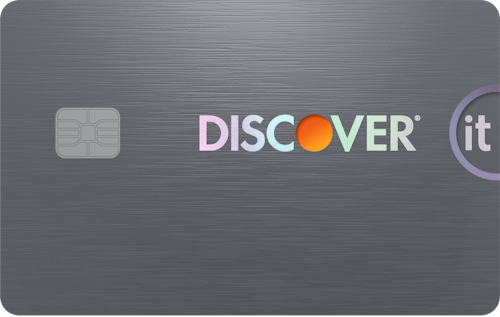Demystifying Secured Credit Cards
Jessica Miller
July 4, 2025
7 min read
Secured credit cards are one of the most powerful tools for building or rebuilding your credit. If you're new to credit, have a low score, or have been denied for traditional cards, a secured card can be your ticket to a brighter financial future. This guide will help you understand how they work, who should consider them, and how to use them to your advantage.
What Is a Secured Credit Card?
- A secured credit card requires a refundable security deposit, which usually becomes your credit limit.
- It works just like a regular (unsecured) credit card for purchases, payments, and credit reporting.
- The deposit protects the issuer, making approval easier for those with limited or damaged credit.
Who Should Consider a Secured Card?
- People with no credit history (students, young adults, recent immigrants).
- Anyone rebuilding credit after financial setbacks (late payments, bankruptcy, etc.).
- Those who have been denied for unsecured cards due to low or no credit score.
- People who want to establish positive credit habits in a low-risk way.
How Secured Credit Cards Work: Step-by-Step
- Apply for a secured card and provide a security deposit (typically $200–$2,000).
- Your credit limit is usually equal to your deposit.
- Use the card for purchases, just like any other credit card.
- Make monthly payments—on time and in full if possible.
- The issuer reports your activity to the major credit bureaus, helping you build credit.
How to Choose the Right Secured Card
- Look for cards with no or low annual fees.
- Check that the issuer reports to all three major credit bureaus (Experian, Equifax, TransUnion).
- See if the card offers a path to "graduate" to an unsecured card and get your deposit back.
- Watch out for hidden fees (application, monthly maintenance, etc.).
- Some cards even offer rewards—an added bonus!
The Path to Unsecured Credit
- Use your secured card responsibly for 6–12 months (on-time payments, low balances).
- Many issuers will review your account and may offer to upgrade you to an unsecured card and refund your deposit.
- Once you graduate, keep your oldest account open if possible—it helps your credit age.
- Continue good habits: pay on time, keep balances low, and monitor your credit score.
Common Pitfalls and How to Avoid Them
- Missing payments—this will hurt your credit, even with a secured card.
- Maxing out your card—keep your balance below 30% of your limit.
- Choosing a card with high fees or no graduation path.
- Closing your card too soon—length of credit history matters.
FAQs
- Will my deposit be refunded? Yes, as long as you pay off your balance when you close or graduate your account.
- Can I get more than one secured card? Yes, but start with one to build credit—too many new accounts can lower your score temporarily.
- Do secured cards build credit as fast as unsecured cards? Yes, as long as the issuer reports to the bureaus and you use the card responsibly.
- What if I'm denied for a secured card? Check your credit report for errors, try a different issuer, or consider a credit builder loan.
- Can I increase my credit limit? Some issuers let you add to your deposit or may increase your limit after a review.
A secured credit card isn't a penalty box—it's a launchpad. With responsible use, it can help you build or rebuild your credit and open the door to better financial opportunities in the future.

